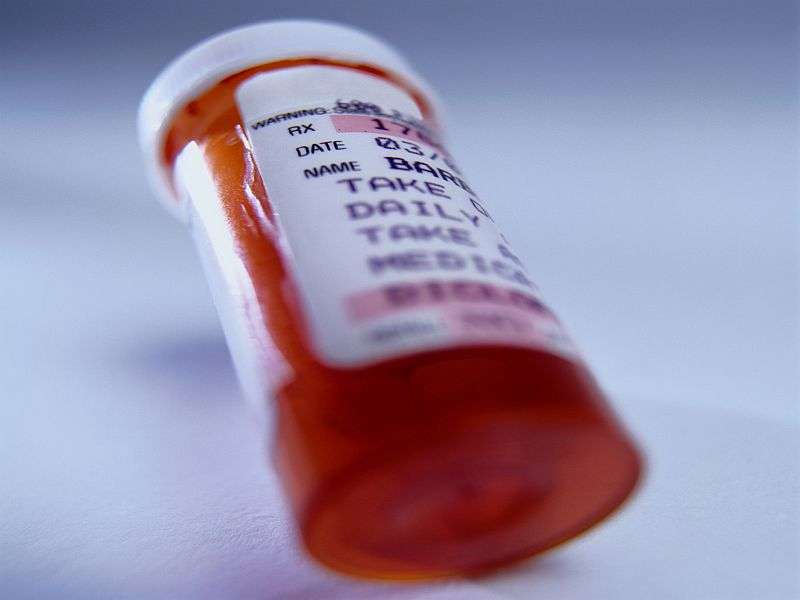(HealthDay)—Oral isotretinoin shows a better and earlier response than topical isotretinoin for the treatment of plane warts, according to a small study published online Sept. 13 in the International Journal of Dermatology.
Gagan J. Kaur, M.D., from the Guru Gobind Singh Medical College in Faridkot, India, and colleagues randomized patients with plane warts to treatment with either oral isotretinoin capsules (0.5 mg/kg/day; 16 patients) or topical isotretinoin (0.05 percent in gel formulation once daily at night; 13 patients). Treatment continued for three months or until there was complete clearance of lesions.
The researchers found that 11 of 16 patients (69 percent) had complete remission with oral treatment and five (31 percent) had partial remission. For those treated with topical treatment, five of 13 patients (38 percent) had complete remission and six (46 percent) had partial remission. Two patients treated topically had no remission. The difference in remission was statistically significant between the two groups (P < 0.0001). With oral treatment, the most common side effect was cheilitis. With topical treatment, five patients dropped out because of severe erythema and scaling.
"Oral isotretinoin should definitely be given a trial, particularly in cases of multiple facial warts, before trying various destructive procedures," the authors write.
More information:
Abstract
Full Text (subscription or payment may be required)
Copyright © 2017 HealthDay. All rights reserved.
























